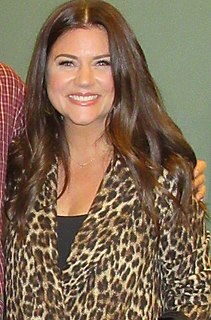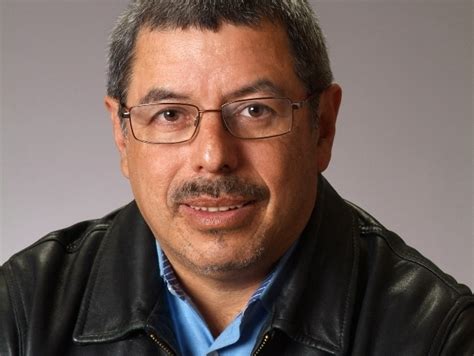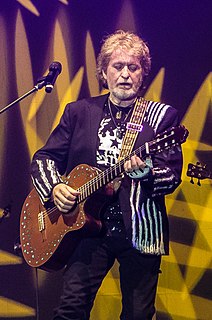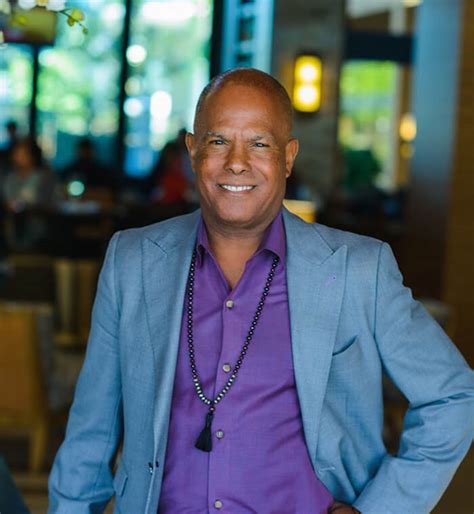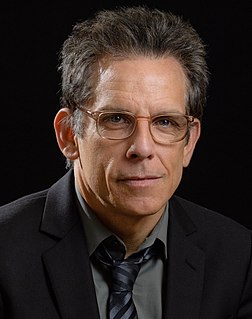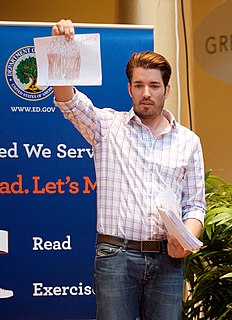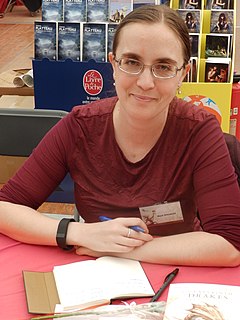A Quote by Claire Messud
I went around in my teens and early 20s thinking that life was a con trick. I had managed to grow up believing in all sorts of romantic ideas about hard work and justice and truth, and it seemed the real world was much more complicated and shaded than I wanted to believe.
Related Quotes
There was a time in my late teens and early 20s where I was motivated by this wanting to get out, to prove to the world that I had something to offer - that kind of youthful spirit, where maybe I had my eye on fame and fortune. I mellowed out in my late 20s and now that I'm in my early 30s, I'm coming to peace with it.
I was in my early 20s when Estonia joined the E.U. For a kid who'd grown up in the Soviet Union, it seemed like my country had come of age. For a country that had been isolated and cut off from the rest of the world, it seemed like we were becoming part of the global community. It opened a whole new world of possibility.
I think we all have the same spirituality deep inside and we grow to learn more about it all the time, and we try very hard to become better people as we grow. We search all the time for the truth. We learn more about the world and we can't have thoughts like, "We are better than them" or "They are not good enough for God". This is very bad way of thinking, you know?
There are innumerable writing problems in an extended work. One book took a little more than six years. You, the writer, change in six years. The life around you changes. Your family changes. They grow up. They move away. The world is changing. You're also learning more about the subject. By the time you're writing the last chapters of the book, you know much more than you did when you started at the beginning.
I know,” said Peter. “Perhaps better than anyone. But you can’t stay a child forever. To choose to speak into Echo’s Well is to choose illusion. To choose to avoid the responsibilities of being an adult. The real trick—the real choice—is to keep the best of the child you were, without forgetting when you grow up. “It is the best of both worlds, Jack. Being a child is to believe in magic everywhere… “…but even Peter Pan had to grow up one day.


